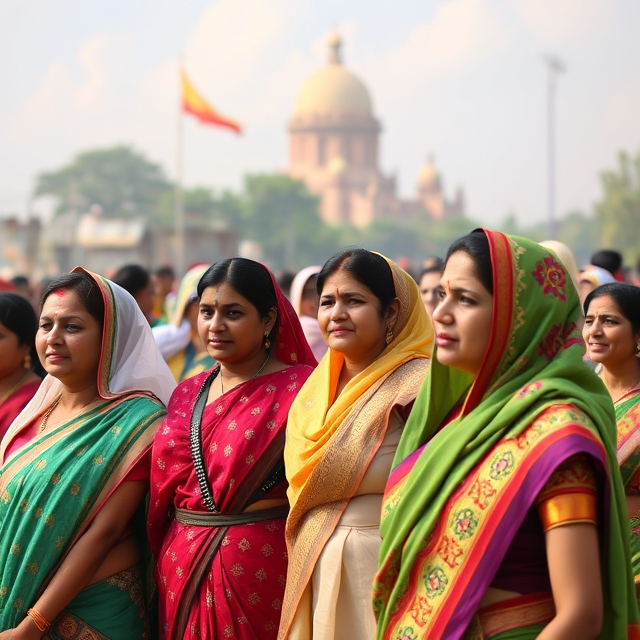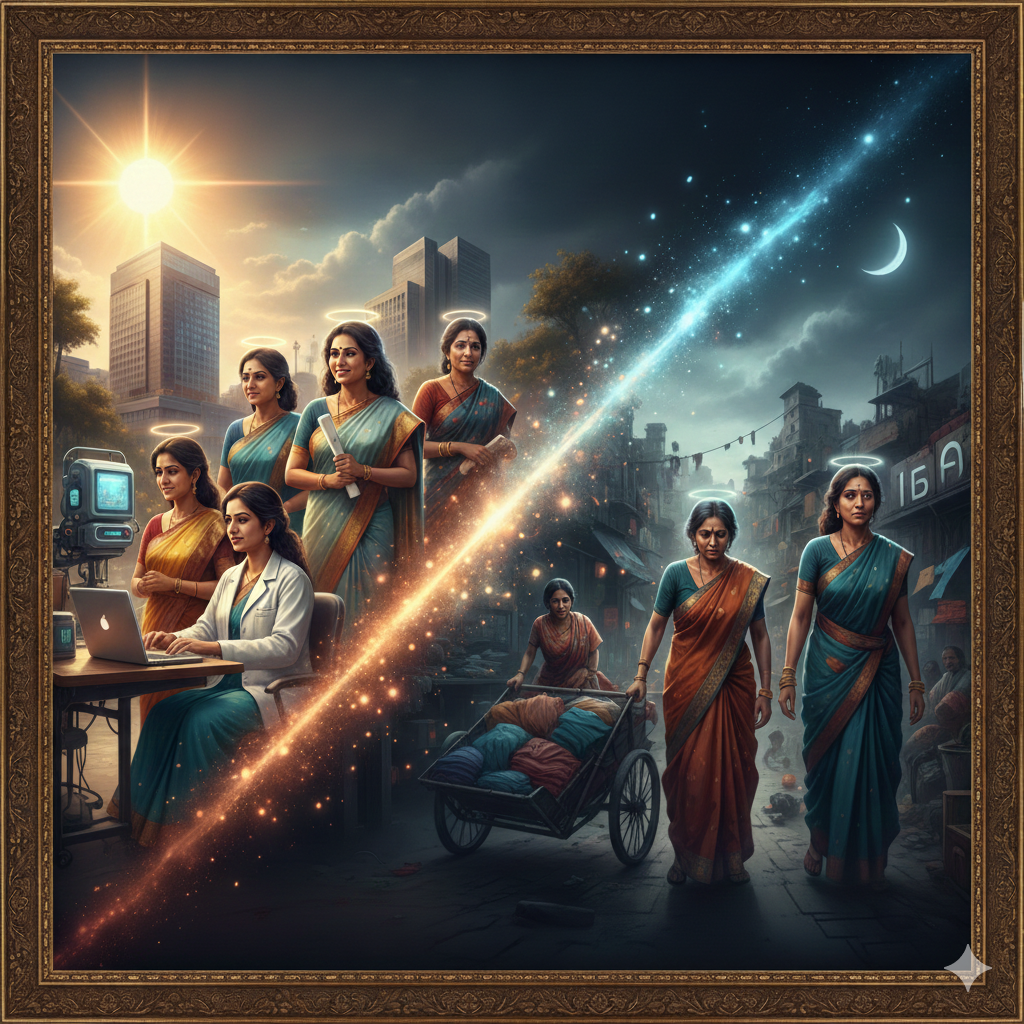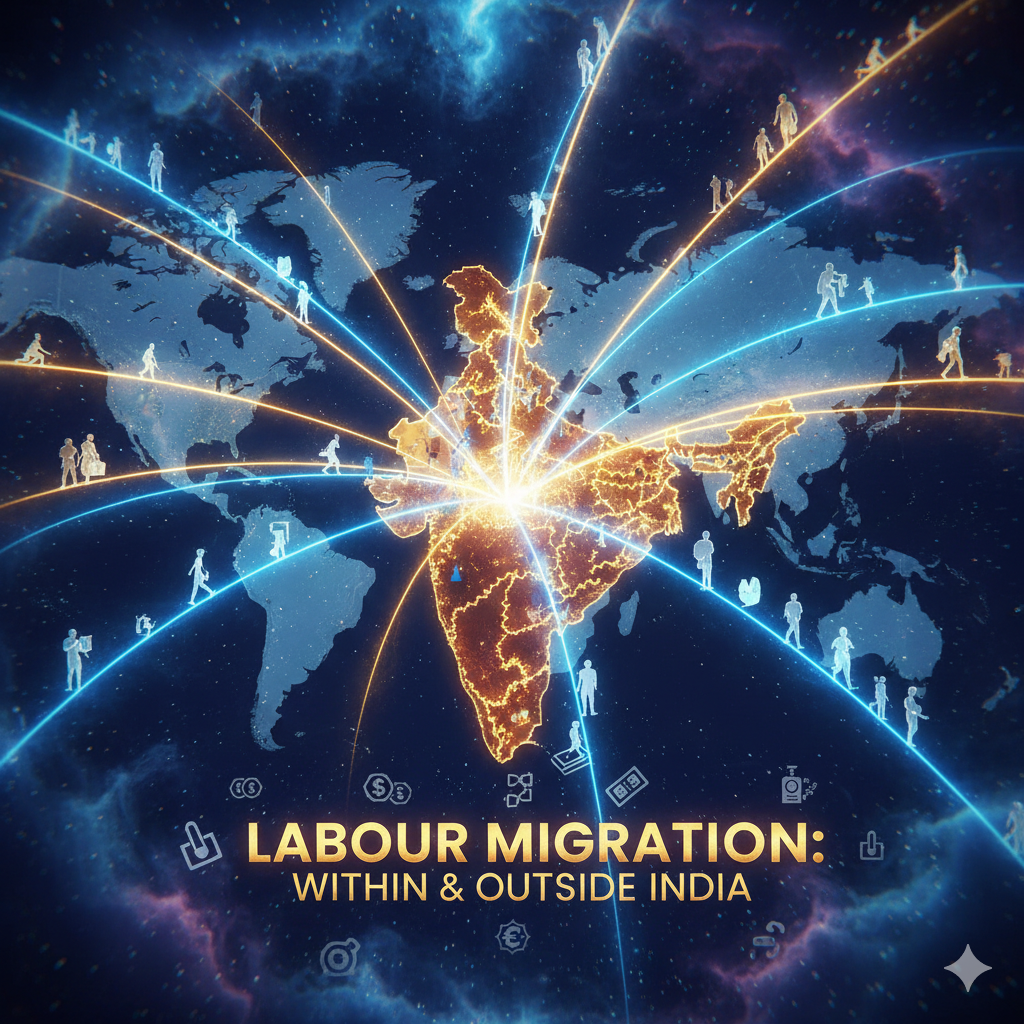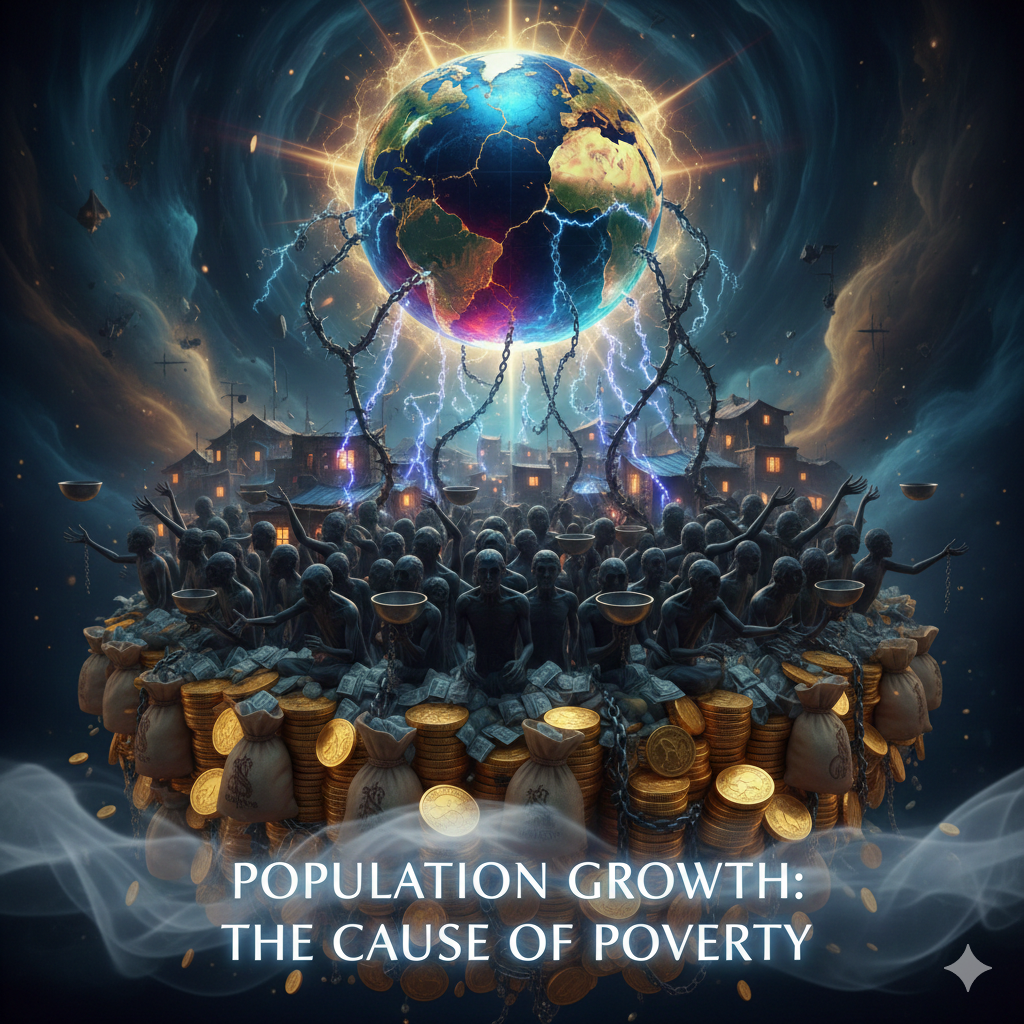In recent decades, women’s empowerment has emerged as a critical focal point for social, economic, and political transformation worldwide. India, with its rich cultural diversity and historical complexities, has seen significant progress in women’s rights and gender equality, largely due to the dedicated efforts of various women’s organizations. These organizations, ranging from grassroots movements to national bodies, have played an indispensable role in advocating for women’s rights, addressing issues of gender discrimination, and fostering greater participation of women in all spheres of life.
Women’s empowerment in India involves the recognition of women’s rights, providing opportunities for education, employment, and political participation, as well as addressing societal issues such as gender-based violence, economic inequality, and healthcare disparities. While Indian society is marked by complex social norms and deep-rooted gender biases, women’s organizations have been at the forefront of challenging these barriers and driving change. This article delves into the impact and significance of women’s organizations in India, exploring their role in fostering empowerment, advocating for policy reforms, and facilitating social change.
1. The Evolution of Women’s Organizations in India
Women’s organizations in India have a rich history that dates back to the 19th and 20th centuries. The earliest movements were focused on issues like child marriage, education for women, and the abolition of the sati system (widow immolation). The Brahmo Samaj, led by Raja Ram Mohan Roy, played a pivotal role in advocating for the rights of women in colonial India, particularly in the context of social reform.
In the post-independence era, the rise of women’s organizations was further fueled by the struggle for independence and the realization of the importance of women’s active participation in the nation-building process. The All India Women’s Conference (AIWC), founded in 1927, was one of the first national organizations in India dedicated to improving the socio-political conditions of women. The establishment of such organizations helped lay the foundation for the modern women’s movement in India, which seeks to address a wide range of issues that hinder the full participation of women in society.
2. Key Women’s Organizations in India
Over time, several influential women’s organizations have emerged across India, each playing a critical role in advancing the cause of women’s empowerment. These organizations, by offering advocacy, support, and solidarity, have made significant contributions to women’s rights and equality.
2.1 All India Women’s Conference (AIWC)
Founded in 1927, AIWC has been instrumental in pushing for women’s education, social welfare, and legal reforms. The AIWC played a crucial role in the passage of the Hindu Code Bill in 1955, which sought to provide women with equal rights in marriage, inheritance, and divorce. It continues to be a prominent platform for addressing women’s issues and has been actively involved in advocating for policies related to health, child marriage, and women’s safety.
2.2 Self-Employed Women’s Association (SEWA)
Founded by Ela Bhatt in 1972, SEWA is a trade union for women working in the informal sector, such as domestic workers, street vendors, and home-based workers. SEWA’s primary focus is on improving the economic conditions of women by providing them with access to employment, education, healthcare, and financial resources. Through microcredit programs and skill development workshops, SEWA has helped empower thousands of women to become financially independent and improve their social standing.
SEWA’s success lies in its holistic approach to empowerment, which not only addresses economic independence but also enhances the social and political participation of women.
2.3 Mahila Mandals
Mahila Mandals, or Women’s Associations, are grassroots organizations that exist at the community level, particularly in rural areas, to promote the well-being of women. These organizations are involved in a wide array of activities, including education, health awareness, social welfare, and economic self-reliance. Self-help groups (SHGs) under Mahila Mandals have been instrumental in helping women gain access to micro-finance and improve their livelihoods. These groups also provide a sense of solidarity and empowerment, as women work collectively to address social challenges and economic barriers.
2.4 Bharatiya Mahila Federation (BMF)
The Bharatiya Mahila Federation, founded in the 1970s, has focused on addressing the issues of working-class women. BMF has been instrumental in organizing workers, advocating for better wages, and supporting women in gaining access to healthcare and child care services. The organization has actively campaigned for social security, workers’ rights, and gender justice, particularly for women in unorganized sectors.
2.5 The Women’s Rights Initiative (WRI)
The Women’s Rights Initiative (WRI), based in Delhi, focuses on legal advocacy and the protection of women’s rights, especially in the context of domestic violence, dowry deaths, and sexual harassment. WRI works to ensure that women have access to legal recourse, support, and protection. The initiative also provides counseling and shelters for victims of domestic violence and offers assistance with legal proceedings.
3. Contributions of Women’s Organizations to Empowerment
3.1 Advocating for Legal Reforms
One of the most critical areas where women’s organizations have played a role is in advocating for legal reforms to protect women’s rights and promote gender equality. These organizations have been instrumental in pushing for the implementation of laws such as the Domestic Violence Act (2005), the Sexual Harassment of Women at Workplace Act (2013), and amendments to the Dowry Prohibition Act. They also work to ensure that these laws are effectively enforced and that women are educated about their rights under the law.
Through relentless lobbying, advocacy, and public awareness campaigns, women’s organizations have worked toward the criminalization of child marriage, gender-based violence, and female foeticide. They have also helped create platforms for women to voice their grievances and seek justice.
3.2 Economic Empowerment
Economic empowerment is at the core of women’s empowerment, and many organizations focus on improving the financial independence of women. Women’s organizations such as SEWA and Mahila Mandals have played a crucial role in offering financial literacy, entrepreneurship training, and access to microcredit. These programs have allowed women to become financially independent, make decisions about their families’ well-being, and improve their standard of living. By promoting entrepreneurship, women are not only gaining economic autonomy but also breaking the traditional barriers that have restricted them to domestic roles.
3.3 Educational Empowerment
Education is a powerful tool for empowering women, and women’s organizations in India have worked tirelessly to ensure that girls and women have access to education. Through partnerships with government programs, NGOs, and grassroots organizations, these groups have provided scholarships, advocacy, and awareness campaigns to reduce dropout rates among girls. They also offer vocational training programs to enhance the skills of women, thereby improving their chances of employment.
In addition, organizations like AIWC have advocated for the inclusion of gender-sensitive curricula in schools and colleges, promoting the importance of gender equality from an early age.
3.4 Health and Awareness Campaigns
Women’s organizations have also worked to raise awareness about women’s health issues, including reproductive health, menstrual hygiene, and mental health. With India facing significant challenges in maternal and child health, these organizations have played a key role in promoting public health campaigns, providing access to healthcare services, and educating women about their health rights.
During the COVID-19 pandemic, women’s organizations like AIWC and SEWA worked to ensure that women had access to essential health services, food, and financial support during lockdowns. They also advocated for the inclusion of women in COVID-19 vaccination campaigns, recognizing that women are often left behind in healthcare responses.
3.5 Combating Gender-Based Violence
Gender-based violence is a pervasive issue in India, and women’s organizations have been at the forefront of combating this social ill. Through public advocacy, legal support, and counseling services, these organizations have empowered women to report violence, seek justice, and rebuild their lives. BMF, AIWC, and WRI have been particularly active in addressing issues like rape, domestic violence, and honor killings. By providing a voice for the voiceless, they have helped reduce stigma, increase awareness, and push for stronger laws and enforcement to protect women from violence.
4. Challenges Faced by Women’s Organizations in India
Despite their success, women’s organizations in India face several challenges. These include limited funding, resistance from patriarchal social norms, political interference, and lack of awareness about women’s rights. Additionally, in rural areas, logistical issues, cultural barriers, and the persistence of gender biases make it difficult for women to benefit fully from these initiatives.
However, despite these challenges, women’s organizations continue to be resilient, pushing forward their missions to achieve gender equality, social justice, and women’s empowerment.
5. Conclusion
Women’s organizations in India have played a crucial role in advancing the cause of women’s empowerment. From legal advocacy and economic independence to promoting education and healthcare, these organizations have contributed significantly to shaping a more gender-equal society. By empowering women to take charge of their lives, voice their rights, and challenge existing social norms, these organizations have helped create a platform for women to rise and shine.
The future of women’s empowerment in India lies in the continued efforts of these organizations, coupled with strong political will, support from the global community, and an increasing number of women leaders in all fields. With the unwavering determination of these organizations, Indian women are steadily breaking barriers and paving the way for a more inclusive and equal society.




